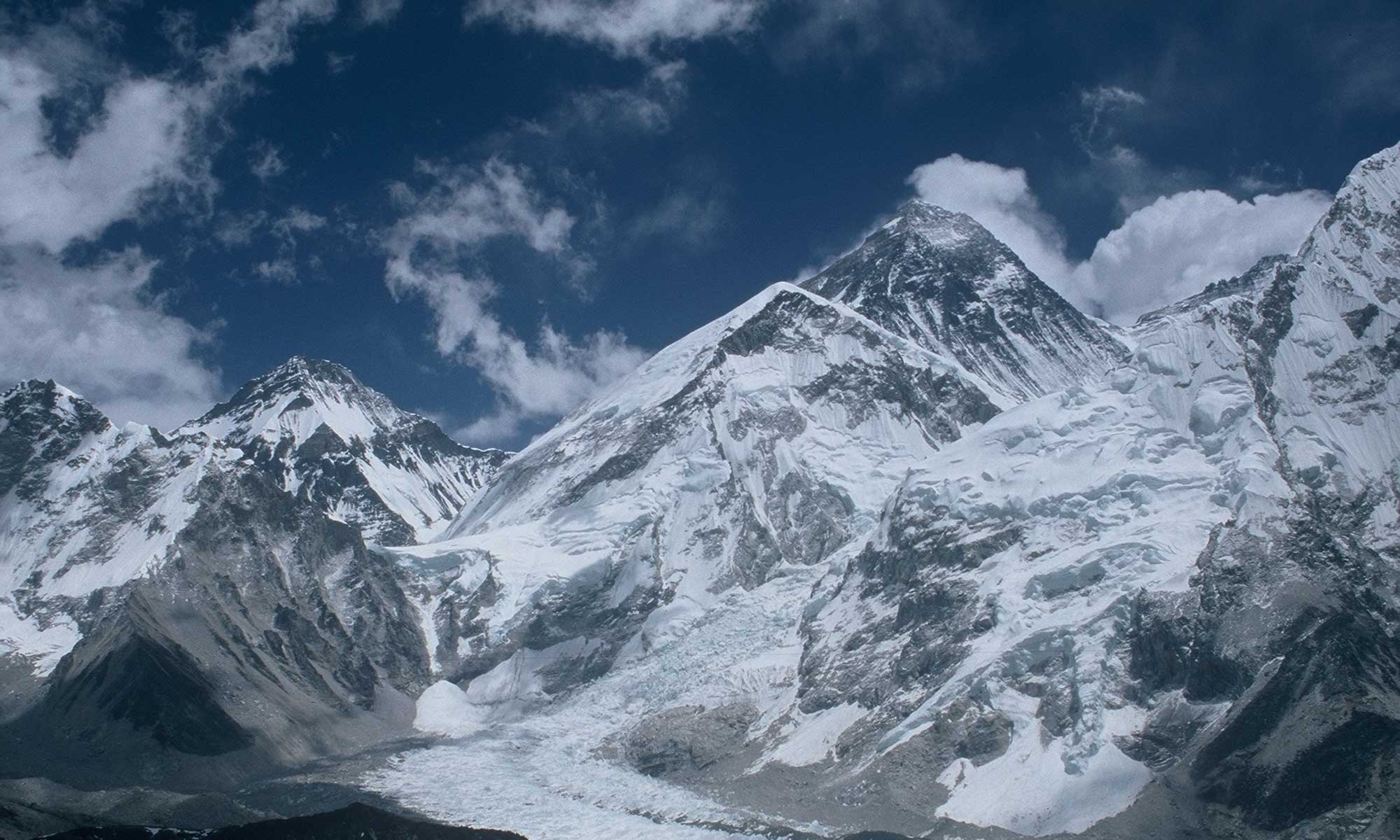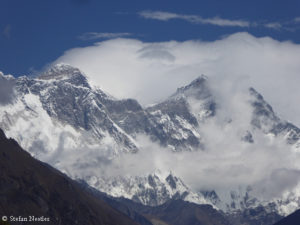And again it will probably be a difficult spring season in the mountains of Nepal. In 2020 nothing went at all because of the COVID-19 pandemic. In 2021, a wave of infections also hit the base camps on Mount Everest and Dhaulagiri – the fact that the Nepalese government has not admitted this to this day is and remains a scandal. And now in spring 2022, the Russian war in Ukraine is causing uncertainty worldwide – certainly also among mountaineers.
Less demand in India and China
“I expect fewer climbers on Everest compared to last year,” Mingma Gyalje Sherpa, head of the expedition operator Imagine Nepal, writes to me. In 2021, the government had sold 408 permits to foreign climbers, more than ever before.
Normally, most clients on the world’s highest mountain come from the U.S., India and China, Mingma Gyalje said: “This year there are very less Indian and Chinese on Everest, as far as I know.” Imagine Nepal has the eight-thousanders Kangchenjunga and Dhaulagiri on its schedule this spring, in addition to Everest and Lhotse. “I think Kangchenjunga will be crowded too.”
“Great opportunity for adventurers”
Nepal’s largest expedition operator, Seven Summit Treks (SST), is also preparing for lower client numbers as a result of the uncertain world situation. “(It) Seems, it will impact the whole industry,” the operator lets it be known on Facebook, even trying to advertise: “However, it is also a great opportunity for the adventurer who want to experience the less crowd, no traffic in the mountain and climb 8000ers without oxygen.” According Mingma Sherpa, head of SST, about 50 climbers have registered with his company for Everest so far, up from 130 last year.
No more PCR test for fully vaccinated people
In an effort to boost tourism, the government of Nepal this week relaxed entry rules for tourists who are fully vaccinated, i.e. vaccinated twice against COVID-19. They now no longer have to present a negative PCR test upon arrival, which must not be older than 72 hours.
Only for those who have not been vaccinated or have only been vaccinated once, this test remains mandatory. “As far as I know, the number of trekkers will be very high in the coming season,” Mingma Gyalje Sherpa expects. “I have this impression talking to many organizers in Nepal.”


